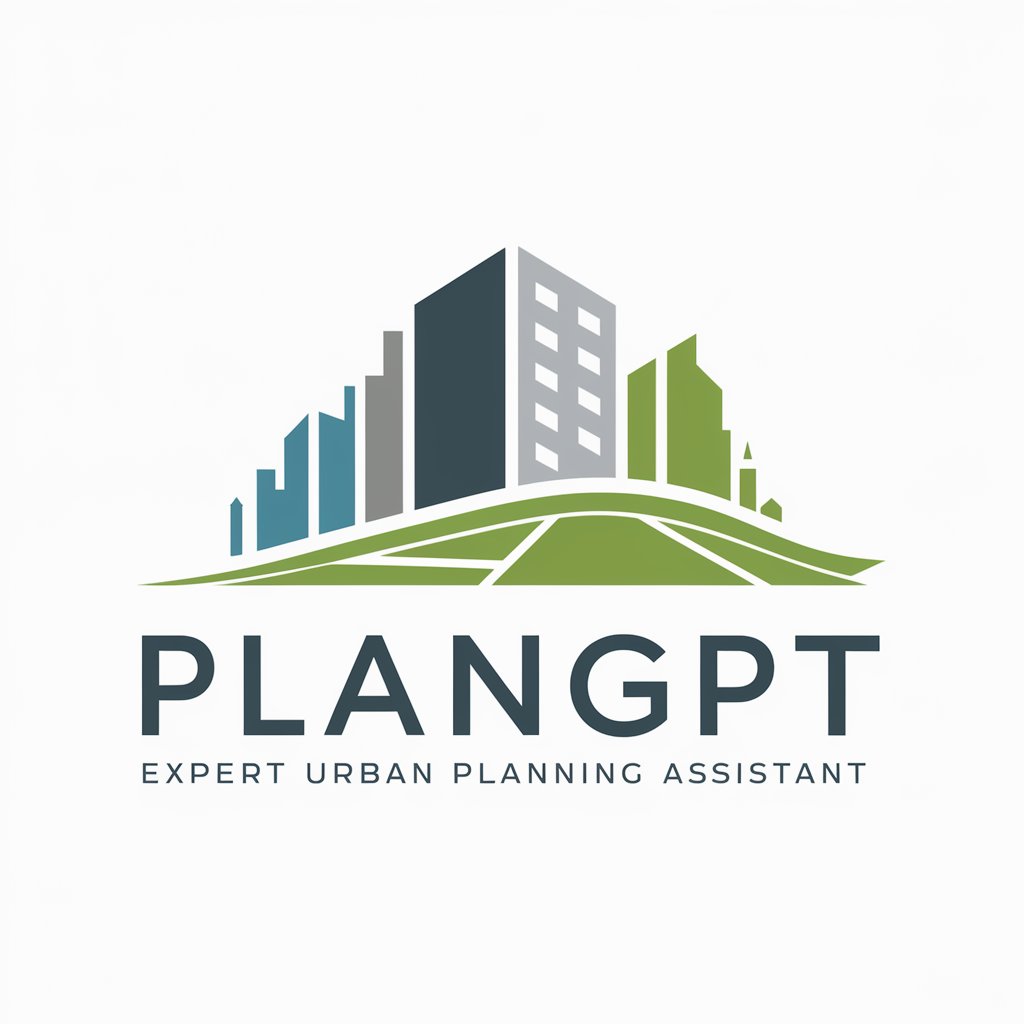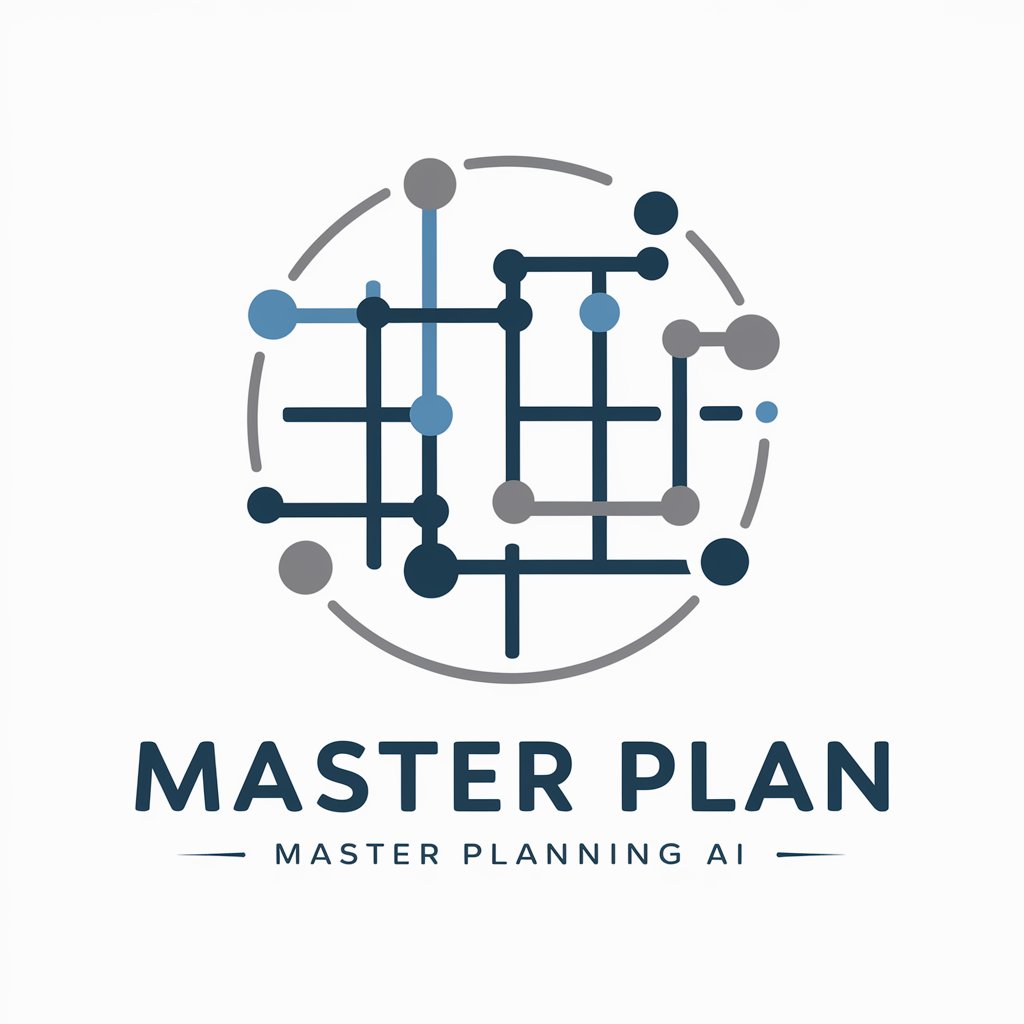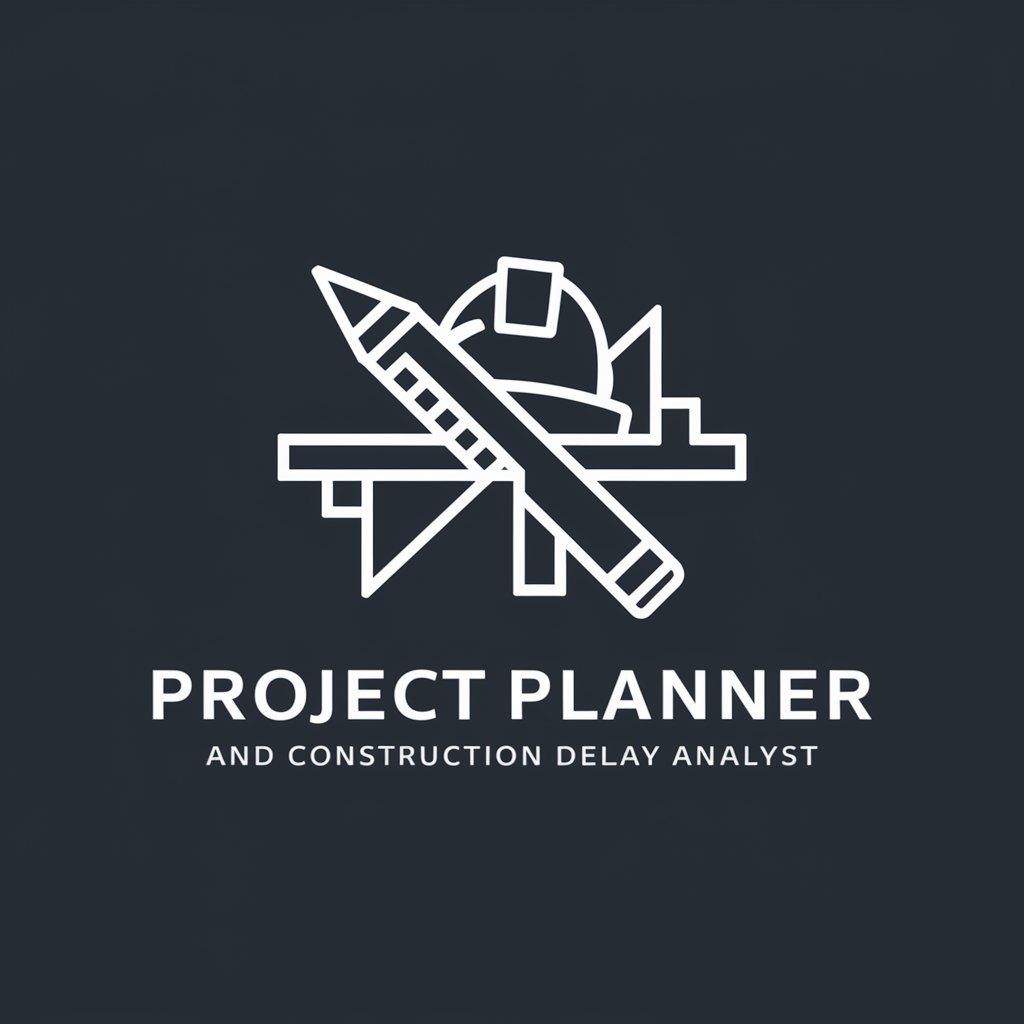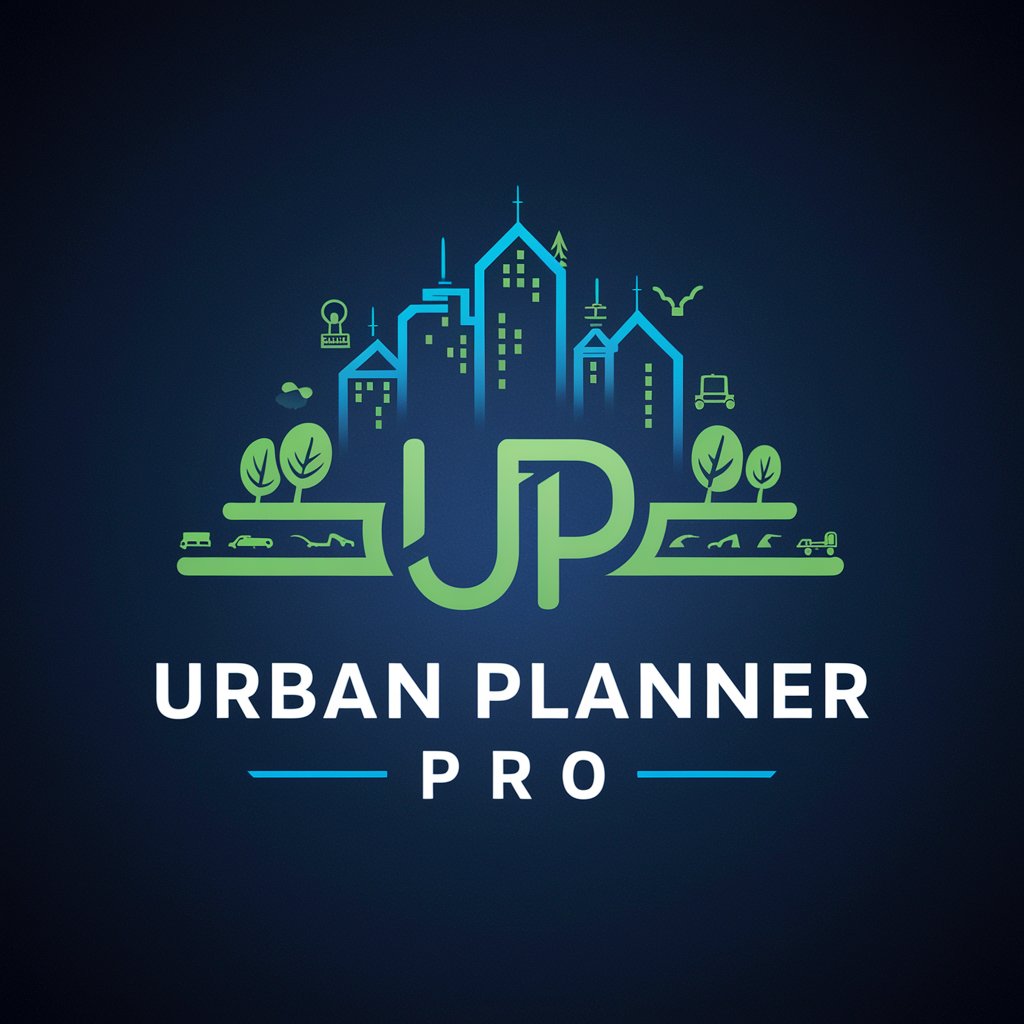
Regional Planning - Urban and Regional Planning Insights
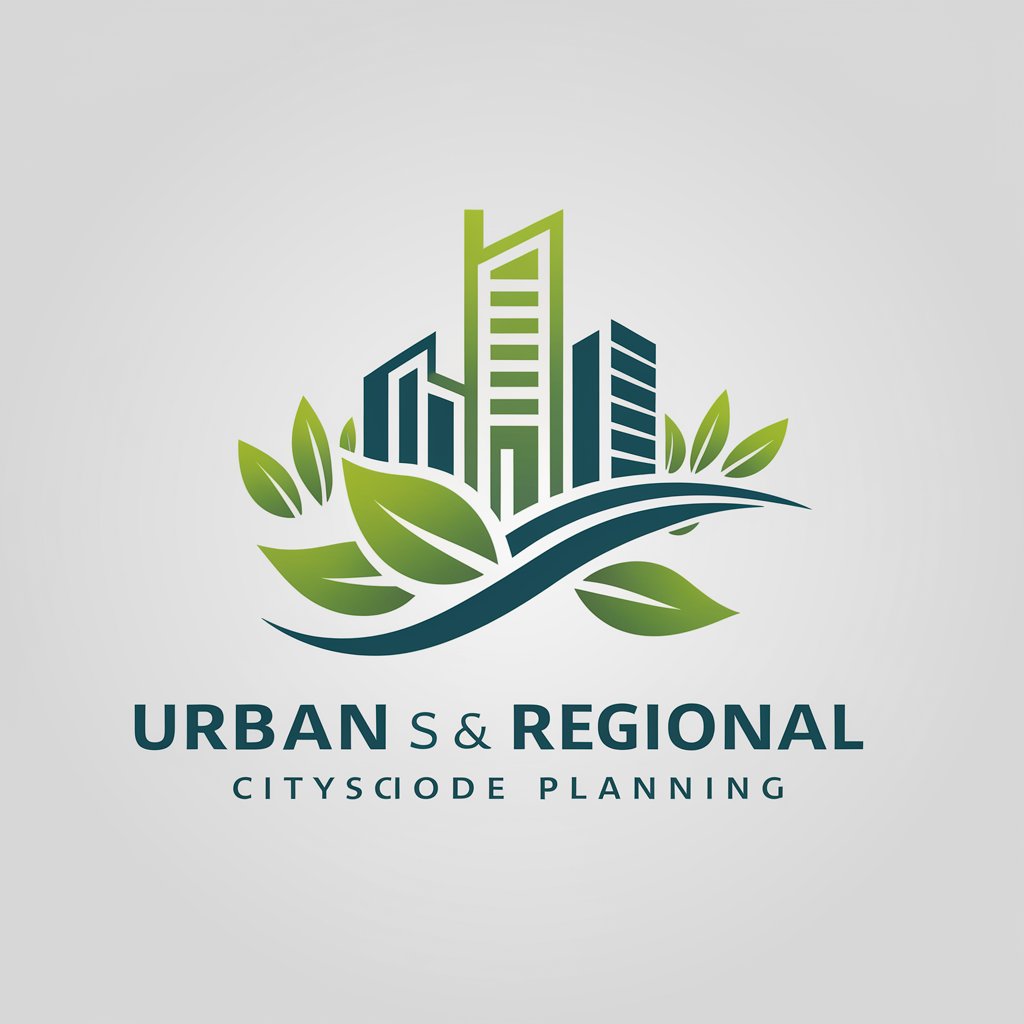
Welcome! Let's explore urban and regional planning together.
Empowering Urban Innovation with AI
What are the key principles of sustainable urban development?
How can cities improve their public transportation systems?
What strategies can be used to revitalize declining urban areas?
How can regional planning address the challenges of climate change?
Get Embed Code
Introduction to Regional Planning
Regional Planning refers to the process of coordinating, controlling, and managing land use in a structured and strategic manner across larger geographical areas that encompass multiple cities or counties. This discipline focuses on balancing social, economic, and environmental objectives to ensure sustainable development, efficient resource management, and improved quality of life for communities within the region. It involves a wide array of planning activities such as urban development, transportation systems design, environmental conservation, and economic development strategies. An example of Regional Planning in action is the development of a regional transportation plan that integrates public transit, roadways, bike paths, and pedestrian walkways to improve mobility, reduce congestion, and support economic growth across several municipalities. Another scenario could involve creating a regional economic development strategy that identifies key growth sectors, allocates resources for infrastructure improvements, and establishes policies to attract investment, thereby benefiting multiple communities. Powered by ChatGPT-4o。

Main Functions of Regional Planning
Land Use Planning
Example
Designing zoning regulations to guide the development of residential, commercial, and industrial areas, while preserving green spaces and agricultural lands.
Scenario
A regional planning authority develops a comprehensive land use plan that identifies areas suitable for different types of development, taking into account factors like environmental sensitivity, existing infrastructure, and community needs. This ensures balanced growth and prevents urban sprawl.
Transportation Planning
Example
Developing a multimodal transportation network that connects different parts of the region.
Scenario
Coordinating the expansion of public transit options, including bus lines and light rail systems, to improve connectivity between urban centers and suburban areas, enhancing accessibility and reducing reliance on personal vehicles.
Environmental Conservation
Example
Implementing policies and initiatives to protect natural resources and promote sustainable development practices.
Scenario
Creating a regional conservation plan that identifies critical natural habitats, sets aside protected areas, and establishes guidelines for sustainable land use to mitigate environmental impacts and promote biodiversity.
Economic Development
Example
Facilitating regional economic growth through strategic planning and investment.
Scenario
Developing a regional economic strategy that focuses on strengthening key industries, supporting small businesses, and attracting foreign investment, thereby creating jobs and boosting the local economy.
Ideal Users of Regional Planning Services
Government Agencies
Local, state, and federal government bodies responsible for managing and regulating land use, transportation, environmental protection, and economic development. They benefit from regional planning by obtaining a framework for coordinated policy implementation and resource allocation across jurisdictions.
Urban and Regional Planners
Professionals engaged in the planning and development of urban and rural areas. They utilize regional planning principles and practices to design sustainable and livable communities, integrating considerations for growth, infrastructure, and environmental stewardship.
Developers and Investors
Private sector entities looking to invest in property development or infrastructure projects. Regional planning provides them with insights into growth areas, regulatory frameworks, and market opportunities, facilitating informed decision-making.
Community Organizations and NGOs
Non-profit organizations and community groups focused on advocating for sustainable development, environmental conservation, and equitable economic growth. They use regional planning to inform their advocacy and ensure that development projects consider community needs and impacts.

How to Utilize Regional Planning
1
Start your exploration by accessing a free trial at yeschat.ai, which requires no login or subscription to ChatGPT Plus, enabling immediate access.
2
Identify your specific needs or questions related to urban and regional planning to tailor the tool's utility towards your objectives.
3
Engage with the tool by inputting detailed queries about urban design, sustainable development, infrastructure planning, or any other related topics.
4
Utilize the feedback and information provided to inform your projects, research, or studies, ensuring to refine your queries for more precise information.
5
Regularly revisit the tool to stay updated with the latest insights and strategies in urban and regional planning for continuous learning and application.
Try other advanced and practical GPTs
Urban Planning
AI-Powered Urban Development Guidance
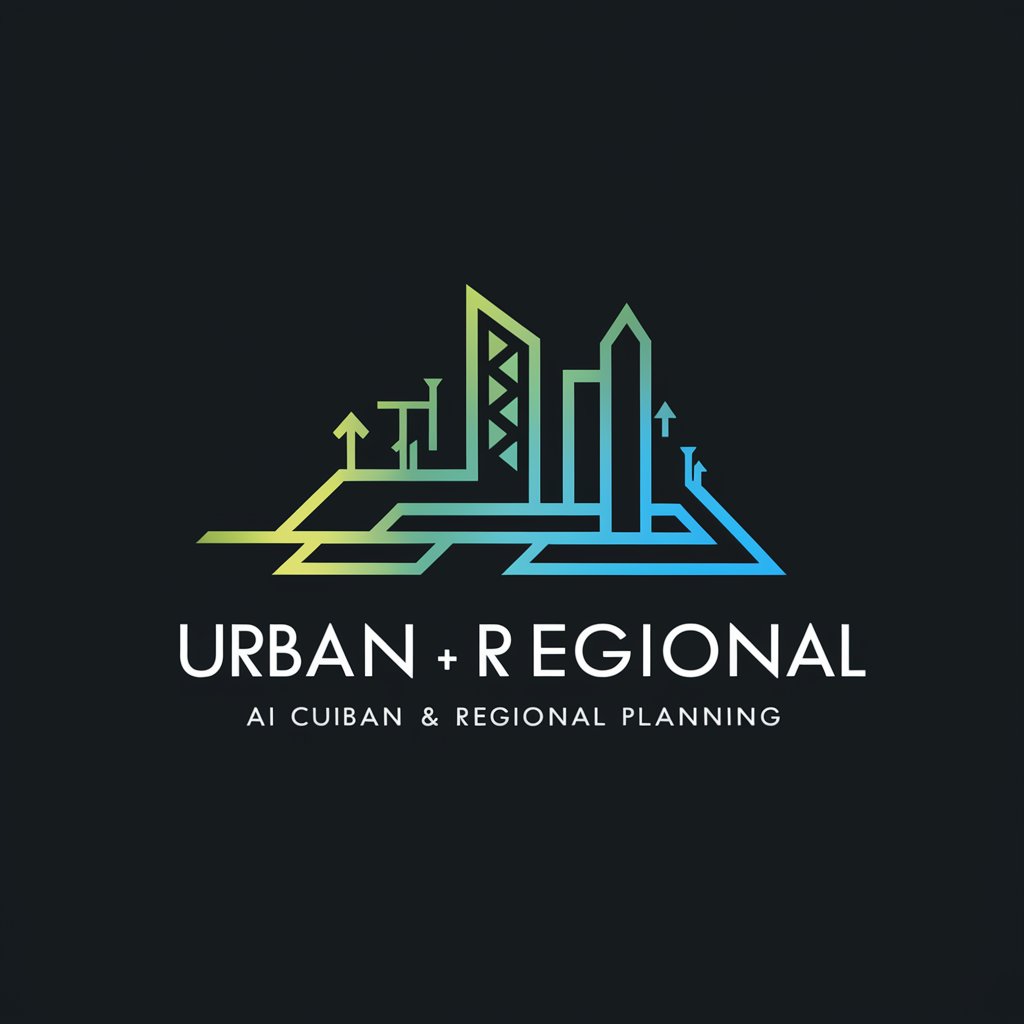
City Planning
Guiding urban futures with AI-powered insights
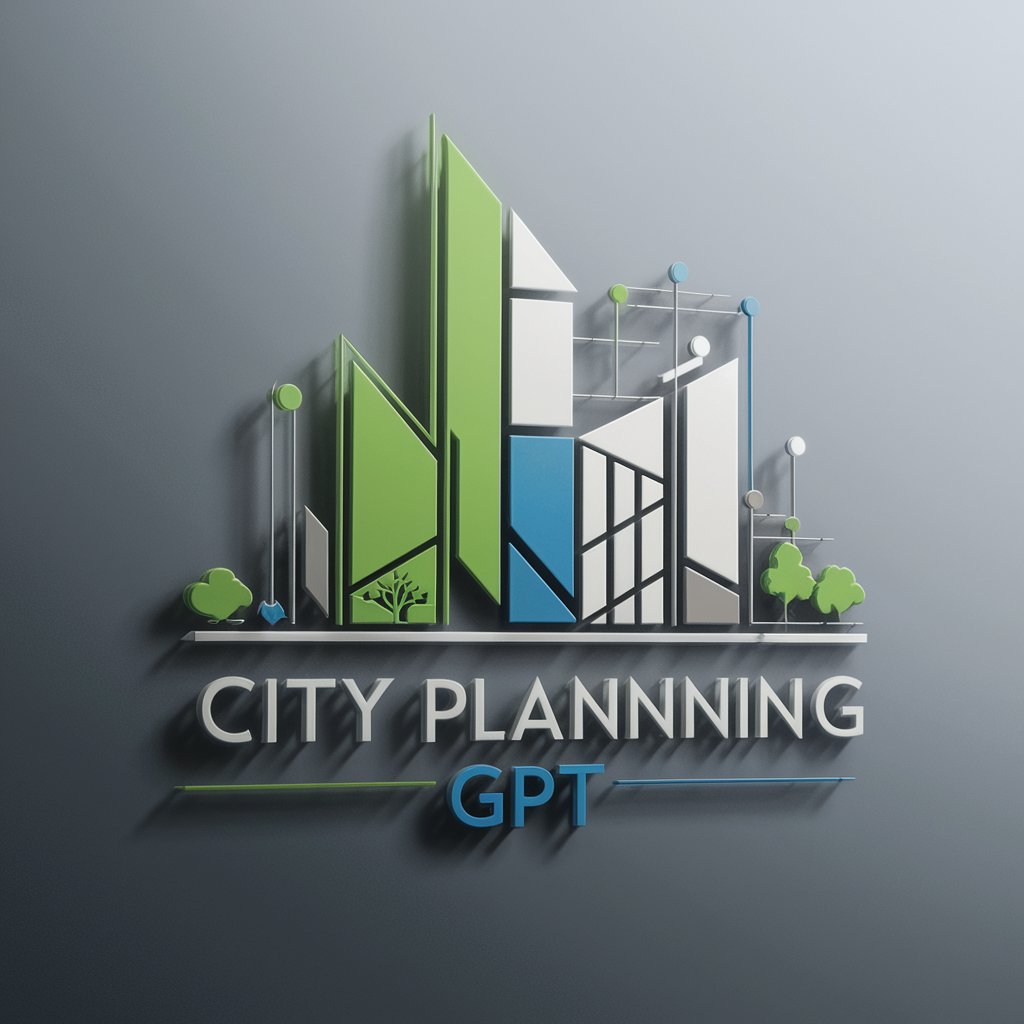
OpenAPI Schema Assistant
Automate API integration with AI-powered precision
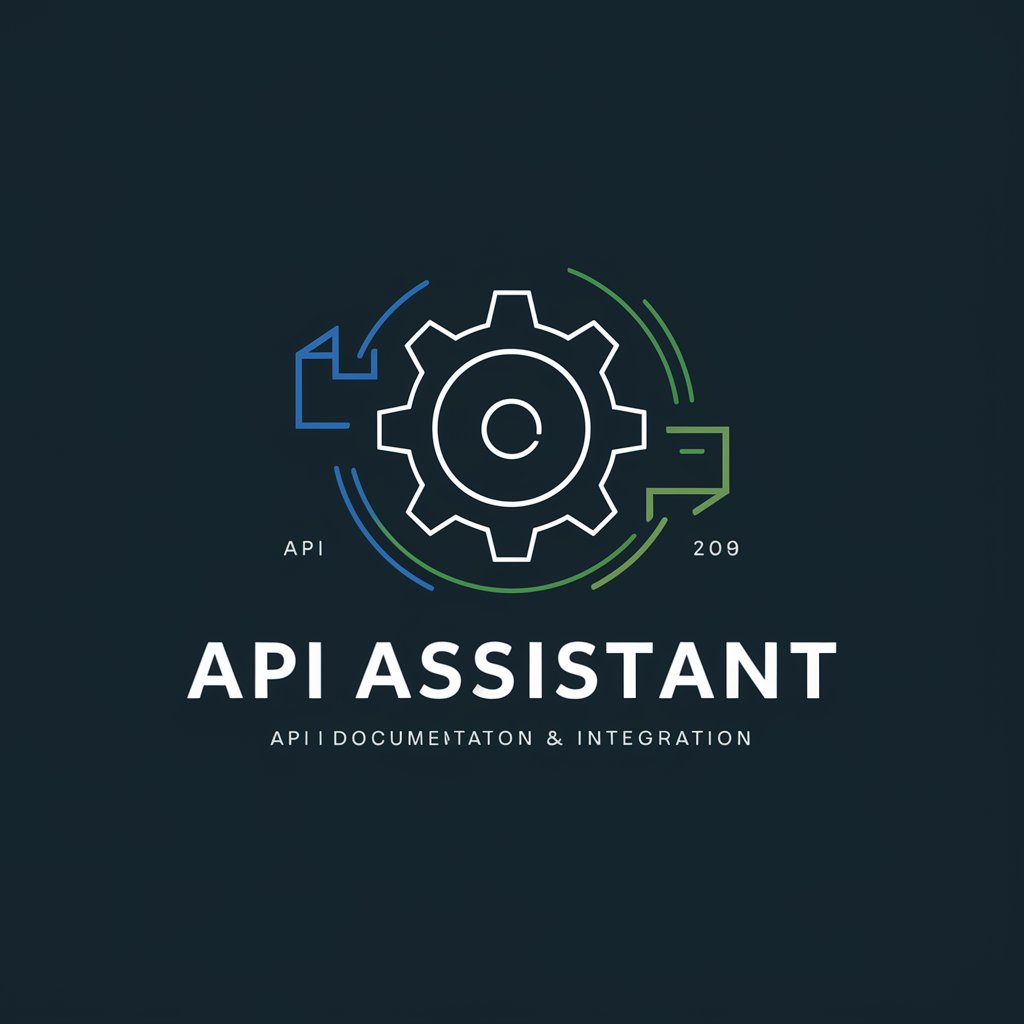
Urban Planning & Development Advisor
Revolutionizing Urban Planning with AI
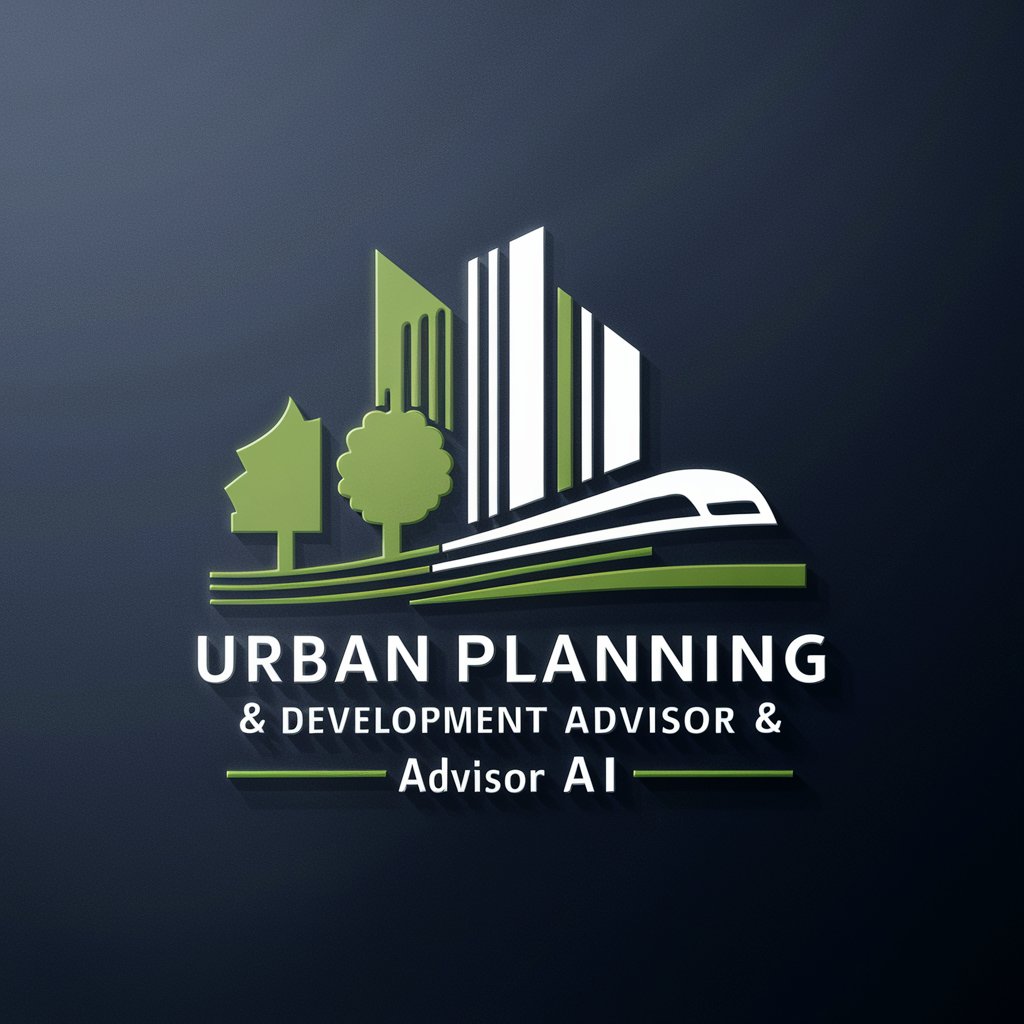
Retirement Planning
Empowering your financial independence with AI
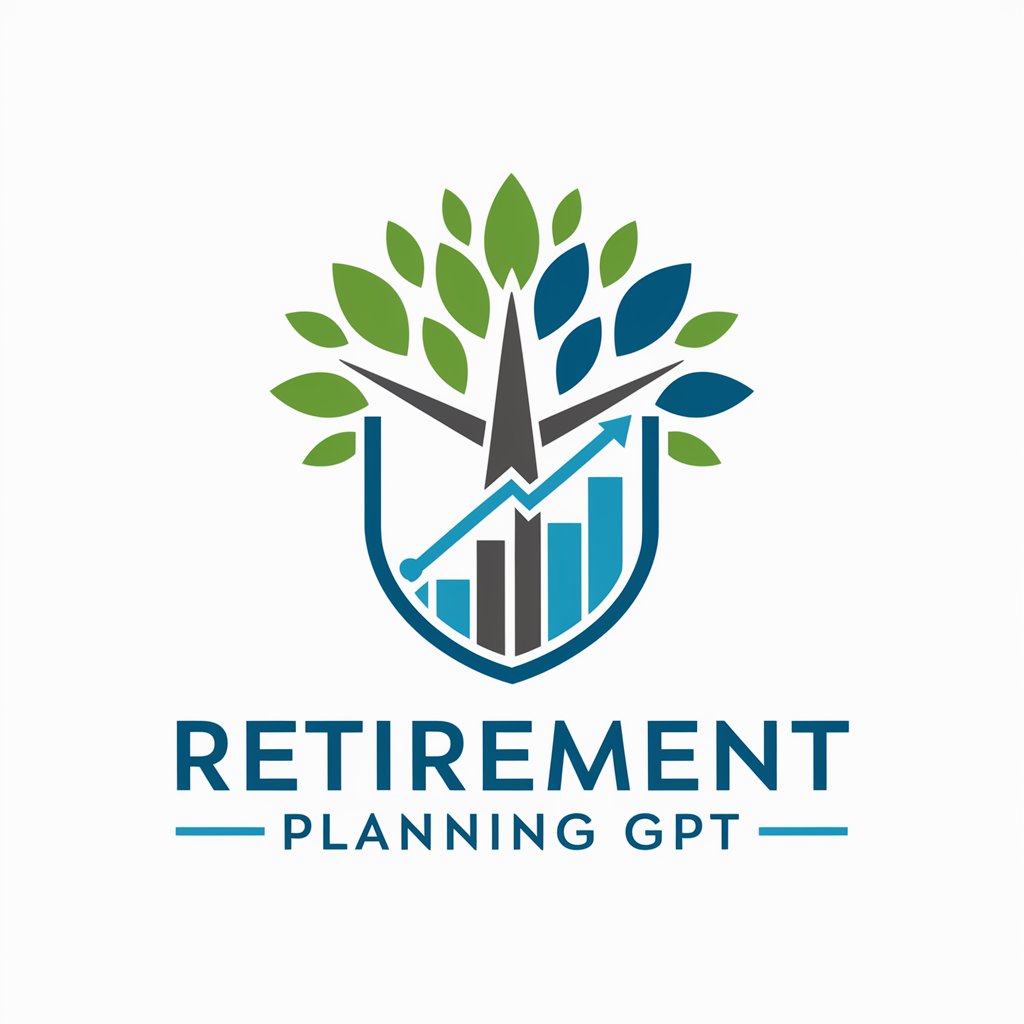
Corporate Event Planning
Empowering Your Events with AI

The Oven Buddy
Master the art of precision cooking

Zagon Guide
Empowering understanding of Kurdistan's democratic constitution.
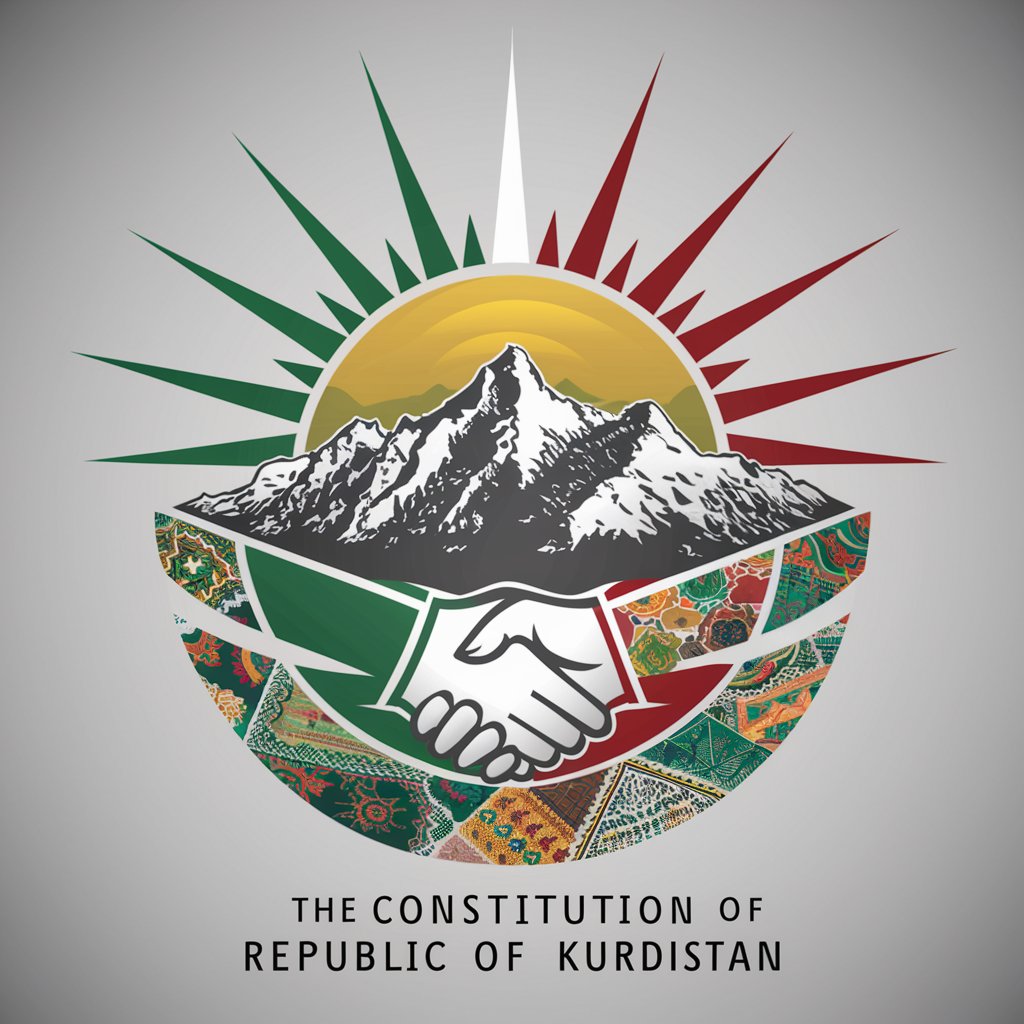
Create Images for Article
Enhance articles with AI-powered images.

Constitution Coach GPT
Empowering Constitutional Understanding with AI
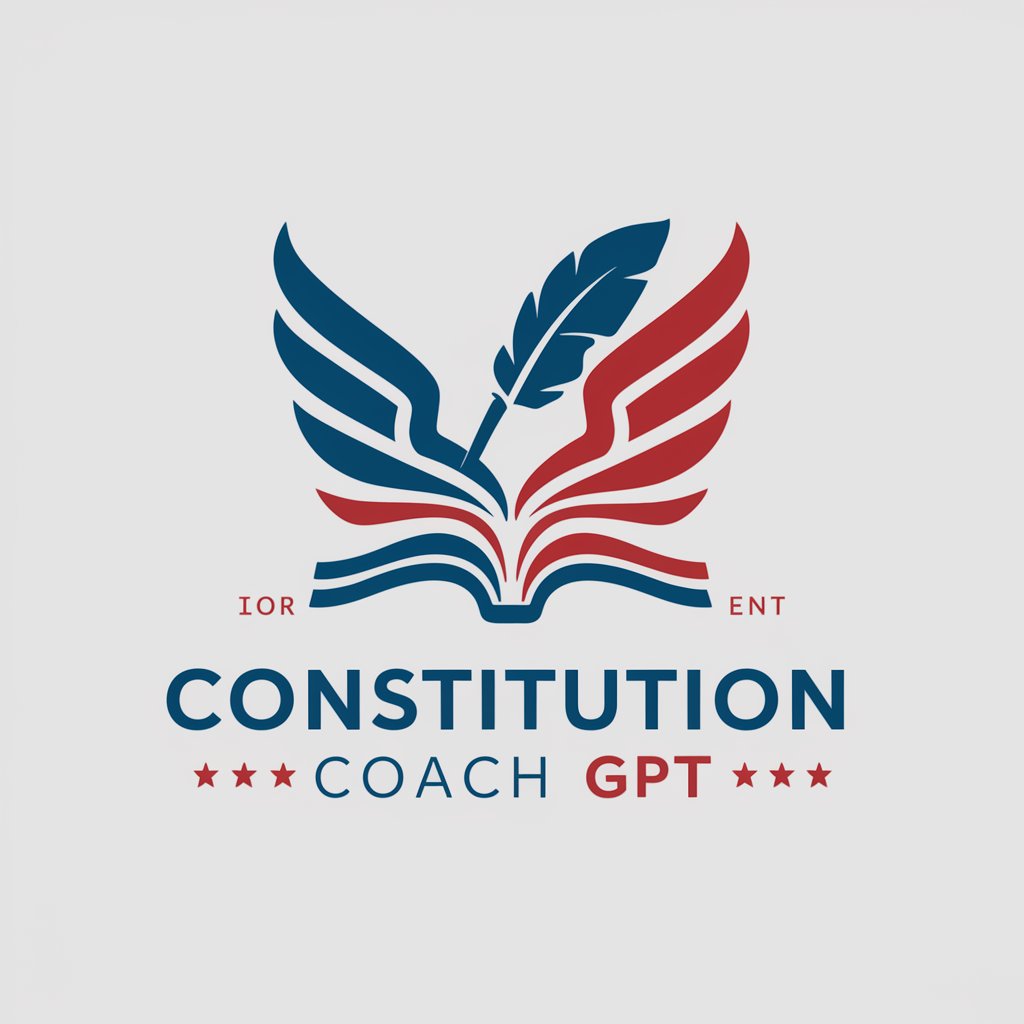
Long Form Outline Creator by Brain8
Craft detailed content blueprints effortlessly.

Rewrite Articles GPT
Revolutionize Writing with AI-Powered Rewriting

In-Depth Q&A on Regional Planning
What is the primary objective of Regional Planning?
The primary objective of Regional Planning is to promote orderly and efficient development within a region, addressing spatial planning, economic development, and environmental sustainability to enhance the quality of life for its inhabitants.
How can Regional Planning support sustainable development?
Regional Planning supports sustainable development by integrating environmental considerations into land use planning, promoting renewable energy sources, encouraging sustainable transportation options, and implementing policies that balance development needs with environmental preservation.
What role does technology play in Regional Planning?
Technology plays a crucial role in Regional Planning by enabling more accurate and comprehensive data analysis, facilitating public engagement through digital platforms, and supporting the design and implementation of smart city initiatives that enhance urban efficiency and sustainability.
Can Regional Planning help in mitigating climate change effects?
Yes, Regional Planning can mitigate climate change effects by promoting land use patterns that reduce greenhouse gas emissions, enhancing resilience through climate-adaptation strategies, and prioritizing green infrastructure to manage environmental risks.
How does Regional Planning address urban sprawl?
Regional Planning addresses urban sprawl by advocating for compact, mixed-use development, preserving open spaces and natural resources, and planning for efficient public transportation systems to reduce dependency on personal vehicles and encourage more sustainable urban growth.
